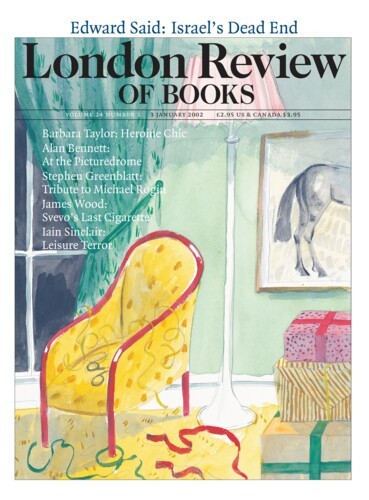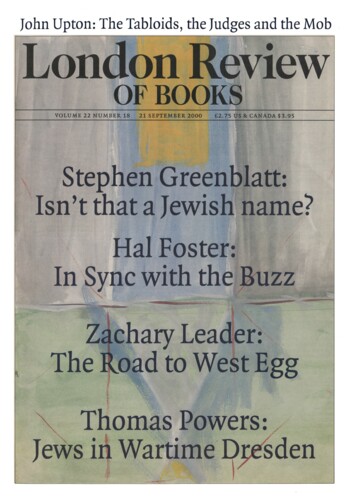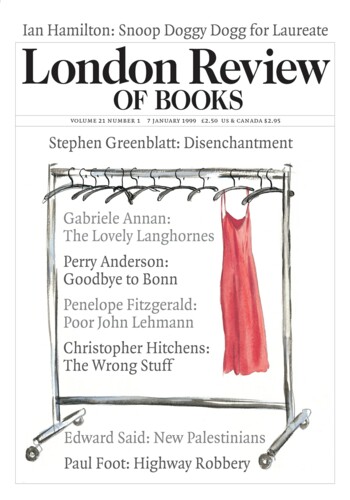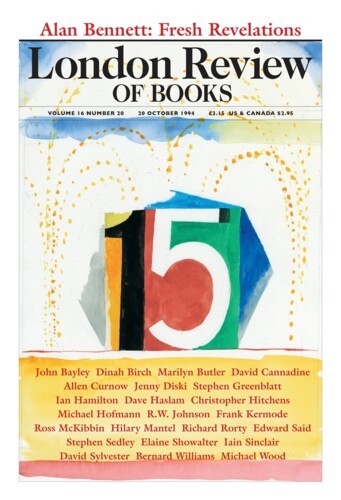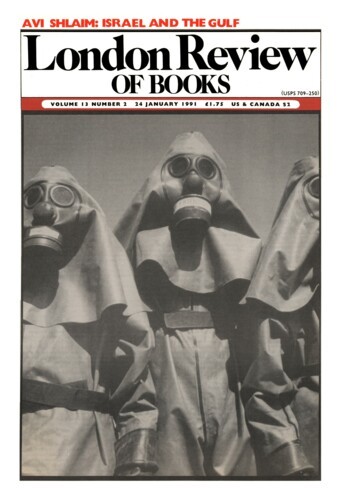The closest analogues in the West to Borges’s ‘Chinese encyclopedia’, if not its direct source, are the Wunderkammern, strange collections in cabinets that signalled the prestige of many princes and prelates and served as Early Modern tourist attractions. In Borges’s description of the encyclopedia – perhaps the most famous passage in his work, and famously celebrated by Michel Foucault in The Order of Things – we are told that animals are classified as follows: ‘(a) belonging to the Emperor, (b) embalmed, (c) tame, (d) sucking pigs, (e) sirens, (f) fabulous, (g) stray dogs, (h) included in the present classification, (i) frenzied, (j) innumerable, (k) drawn with a very fine camelhair brush, (1) et cetera, (m) having just broken the water pitcher, (n) that from a long way off look like flies.’ The contents of the Wunderkammern are no less striking – coconut-shell goblets, elaborately carved ivory knick-knacks, seashells, bits of coral, antique coins and cameos, stuffed armadillos, geodes and fossils, polished rocks that looked like landscape paintings, unicorn horns, birds of paradise, aberrant fruits and monstrous animals, anamorphic pictures, mechanical ducks that quacked and flapped their wings, Indian featherwork capes, Turkish shoes, barnacle geese that grew on trees in Scotland, mummified hands, dragons’ teeth, ostrich eggs and so on and so forth. They are likely to evoke in us something like the laughter that the passage in Borges aroused in Foucault: a shattering, liberating laughter, ‘breaking up all the ordered surfaces and all the planes with which we are accustomed to tame the wild profusion of existing things’.
The closest analogues in the West to Borges’s ‘Chinese encyclopedia’, if not its direct source, are the Wunderkammern, strange collections in cabinets that signalled the...
